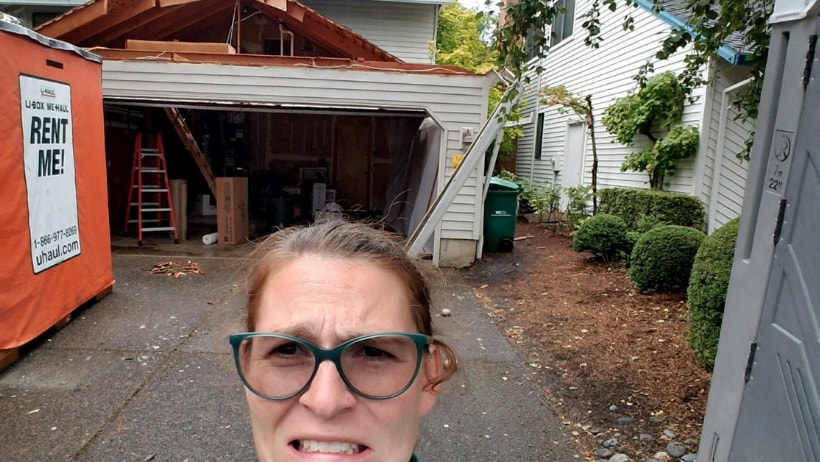Having recently gone through the process of renovating and expanding our house, I am all too familiar with city ordinances, HOA requirements, and the laws surrounding what I can and cannot do to my property. A lot of thought and energy goes into city and neighborhood planning. One of the reasons that Duncan and I chose our home and wanted to stay (as opposed to buying a bigger one) when our family grew was because of the setup of the neighborhood. Our neighborhood is set up in one big circle. There are spokes coming off the circle to a few side streets, but each of those ends in a cul-de-sac, putting you right back out into the communal goodness. In our intimate little neighborhood, we have relative privacy and also the joy of greeting one another as we step out for a walk or a dip in the community pool.

Building a community takes thoughtfulness and vision, as we learn in this week’s Torah portion, Balak. This week we read a narrative filled with opportunities to do the right or wrong action and say the right or wrong words. Yes, you’re remembering correctly. This is the parsha with the talking donkey. Parshat Balak is the story of Balak, son of Tzipur and king of Moav, who solicits Balaam the “prophet” to curse the children of Israel. God allows Balam to go to the land of Moav, but only if he will speak what God tells him to say.
When Balaam opens up his mouth to curse the Israelites, instead a blessing comes out. “How fair are your tents, O Jacob, your dwellings, O Israel!” The words to Ma Tovu come out as a blessing of the people. This verse alludes to the setup of the camp, as Balaam saw that the arrangement of entrances to houses made it impossible for a family to see inside the tents of others. The Israelite tent city showed a respect for privacy.
Judaism is a religion founded on and bound to building community. We require a minyan (a quorum of 10 people) in order to perform certain tasks precisely because community is so important. But our text today recognizes the importance of having space to yourself. The value of privacy is that it allows us a much needed dividing line between public and personal, thereby making private time and community time both more special.
Ma tovu! How good is our community when we come together, when we respect the need for private space and when we build a sacred space in which we gather together.



